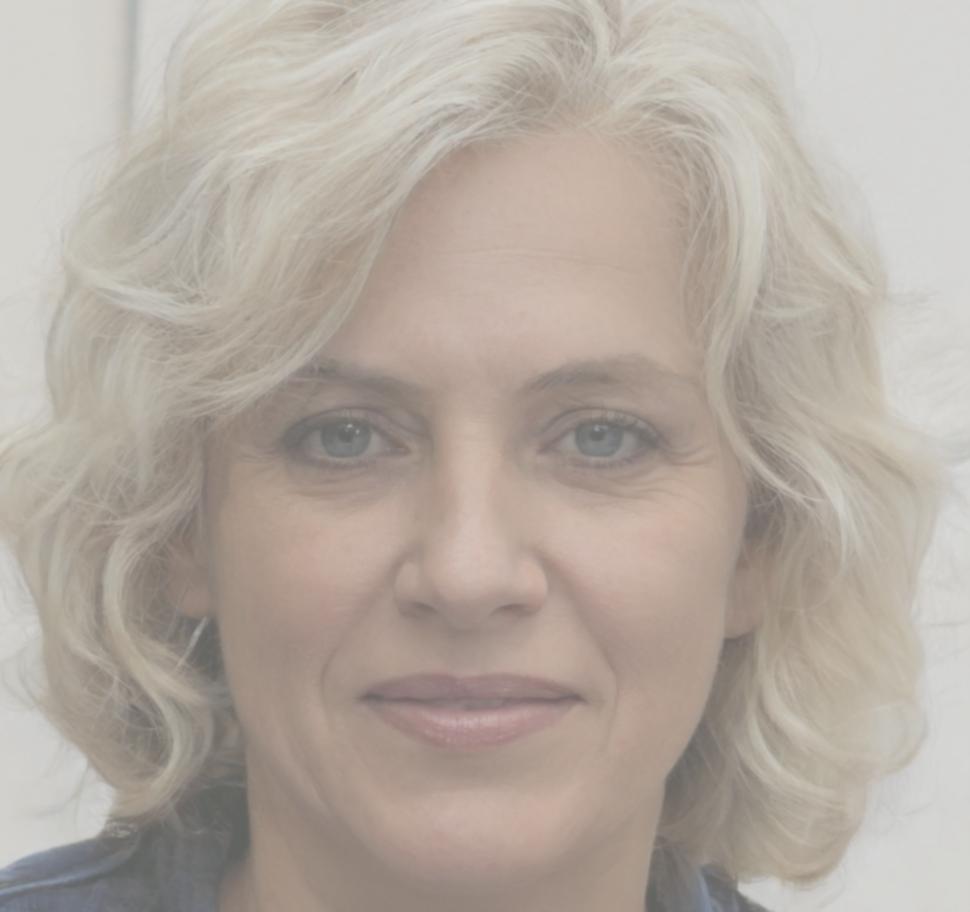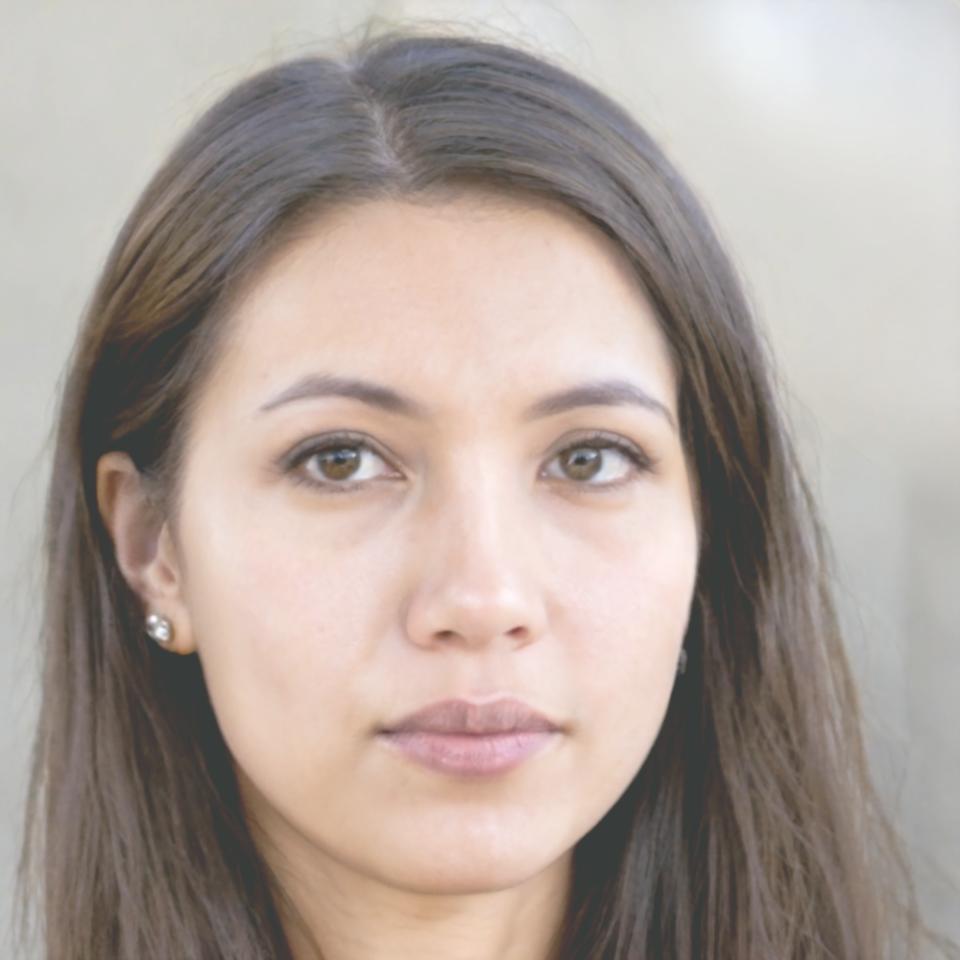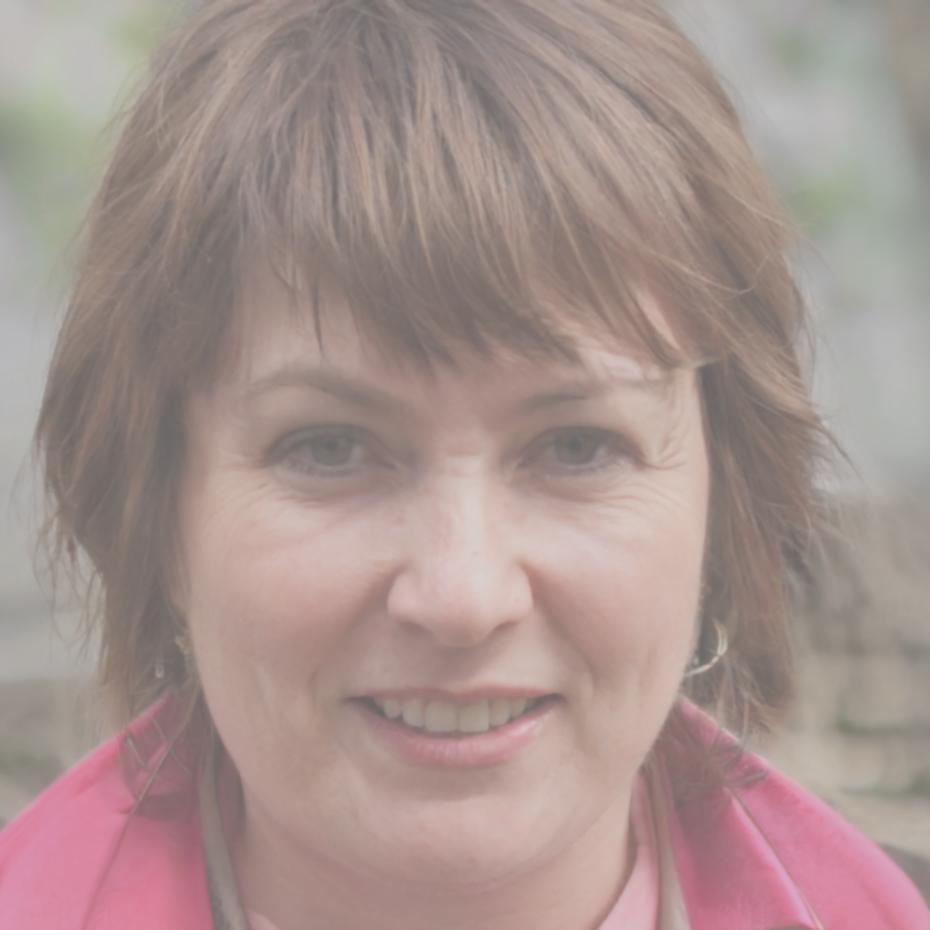Game Development Training Programme
We've been building mobile platform games since 2019, and honestly? Most of what we learned came from making mistakes and figuring things out the hard way. This programme is what we wish we'd had when we started—practical knowledge from people who've actually shipped games, not just talked about it.
Over twelve months, you'll work through the same challenges we faced. You'll write code that doesn't work, fix it, break it again, and eventually build something you're proud of. That's just how this works.
Our autumn 2025 intake opens in September. We're keeping groups small because that's the only way this approach makes sense.
What You'll Actually Learn
We're not going to promise you'll become a senior developer in a year. But you will understand how mobile games work from the inside out. You'll know why some mechanics feel right and others don't. You'll be able to build a functional game, debug it when it breaks, and optimize it when it runs like treacle.
The programme covers everything from basic Unity fundamentals to performance optimization. But more than that, you'll learn how to think like a game developer—how to break down complex problems, test your assumptions, and actually finish projects instead of abandoning them halfway through.
Core Focus Areas
- Unity engine and C# for mobile platforms
- Game physics and player movement systems
- UI design specifically for touchscreen controls
- Performance profiling and memory management
- Publishing processes for iOS and Android

How The Year Unfolds
We've structured this as three distinct phases because that's what makes sense for skill progression. Each one builds on what came before.
Foundation Phase
Months 1-4. You'll learn Unity basics, C# syntax, and build three simple games. Nothing fancy—a runner, a puzzle game, and a basic platformer. The goal is getting comfortable with the tools and understanding core concepts.
Development Phase
Months 5-8. Here's where it gets interesting. You'll design your own game concept, prototype it, and iterate based on playtesting feedback. We'll cover advanced topics like state machines, particle systems, and audio integration as you need them.
Production Phase
Months 9-12. Polish time. You'll optimize your game's performance, implement analytics, prepare store listings, and actually publish to at least one platform. This is where you learn all the tedious but necessary bits about real releases.
Who'll Be Teaching You
Our instructors all work on active game projects. They're not career teachers—they're developers who happen to enjoy explaining things. Which means you'll get current knowledge, not outdated theory.

Callum Hendry
Lead developer. Been shipping mobile games since 2017. Specializes in physics systems and making things feel satisfying to play.

Aisling Donovan
UI/UX specialist. Focuses on making mobile interfaces that don't frustrate players. Has strong opinions about button placement.

Bryony Calder
Gameplay programmer. Knows far too much about optimization and memory management. Will teach you how to avoid common mobile performance pitfalls.

Eilidh Thorburn
Technical artist. Bridges the gap between art and code. Makes games look good without destroying battery life.
Programme Details & Registration
The 2025 programme runs from September through August 2026. Sessions happen Tuesday and Thursday evenings (18:00-21:00), plus Saturday workshops (10:00-16:00) twice monthly. You'll need roughly 15-20 hours per week including class time and project work.
We cap each cohort at sixteen participants. Smaller groups mean you actually get feedback on your work instead of getting lost in a crowd.
What's Included
- All course materials and Unity learning licenses
- Access to our development resources and asset libraries
- Code review sessions and one-on-one troubleshooting
- Workspace access during off-hours if you need it
